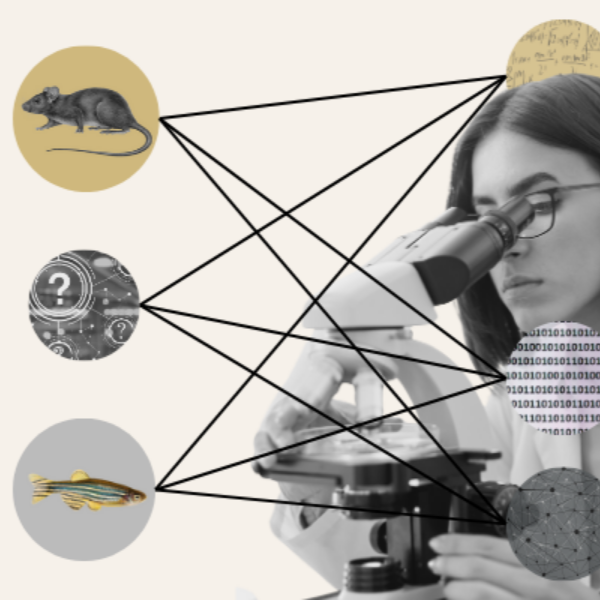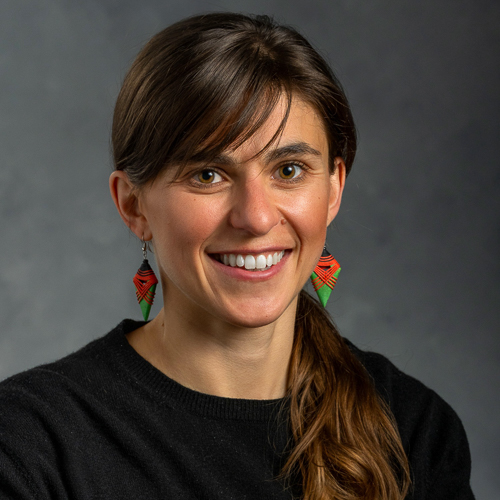Emily Weigel Joins Spelman College
By Kecil John, Emily Weigel, & Katie Licht
Georgia native, Emily Weigel, graduated from the Georgia Institute of Technology, earning a Bachelors degree in Biology with a focus on interdisciplinary biology. She went on to join Dr. Jenny Boughman’s lab and became a Ph.D. student in the Department of Integrative Biology and the Ecology, Evolutionary Biology, and Behavior Program (EEBB) at Michigan State University. Weigel did research on the stickleback fish in Dr. Boughman’s lab, and was involved in the BEACON Center for the Study of Evolution in Action. Her dissertation focused on how a fish’s environment effected it’s mating behavior. Weigel also preformed educational research, looking at how students’ educational background effected their performance in evolutionary biology class.
“I am glad that I participated in professional development workshops and programs, such as the Future Scholars in Teaching (FAST) at MSU. They really prepared me to talk about my research and teaching in a complete, synergistic way, which helped me to secure the postdoc position I have now.”
After graduating with her doctorate, Weigel joined Spelman College as a National Science Foundation (NSF) Course-Based Undergraduate Research Experiences (CURE) Postdoctoral Fellow. Based in Atlanta, GA, Weigel is investigating how genes transferred between individuals effect diversity and ecology of insects. Weigel is developing and conducting genetic analyses to identify genes which have transferred from fungi and bacteria into the genomes of other organisms, specifically blood-feeding insects. These genes likely hold clues to the specific ecology of blood-feeding, and thereby may offer avenues to help control blood-feeder populations. This is particularly important now, as the CDC is identifying more disease risks from blood-feeders whose habitat ranges have shifted due to climate change. She also mentors undergraduates in the College, and develops modules for undergraduate courses based on her own research.
"The work I am doing is very different than what I did as a grad student, but still answering some of the same evolutionary questions. I hope to combine my graduate training in behavior with my postdoc experience in genetics to investigate how diversity in sexual traits arises and is maintained within and between populations."
In the future, Weigel hopes to combine her passion for biology and her love of teaching to advocate for excellence and diversity in the study of science.



